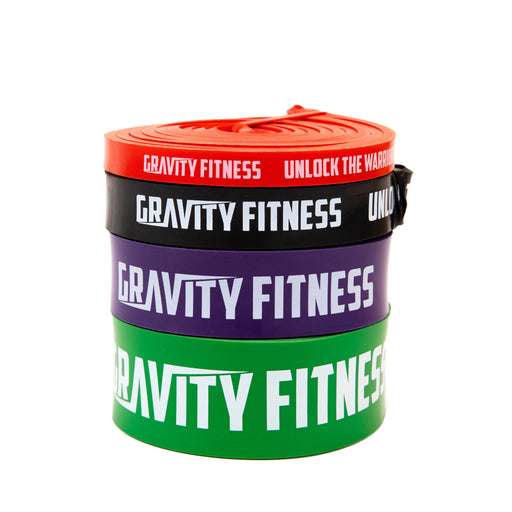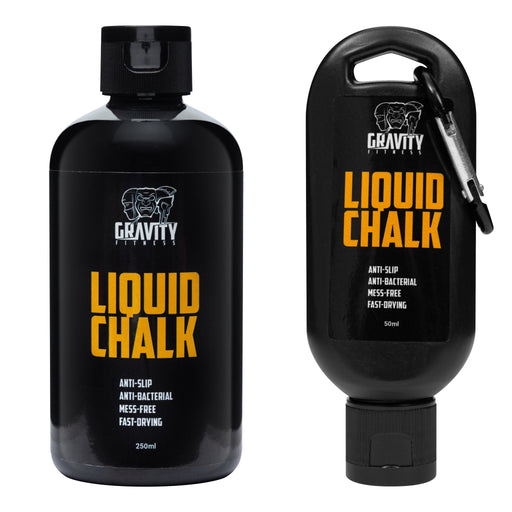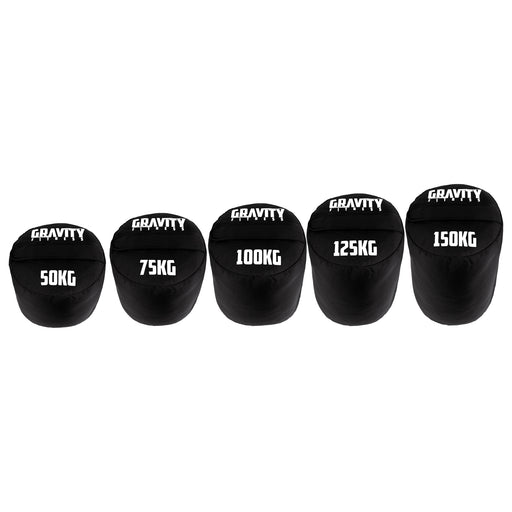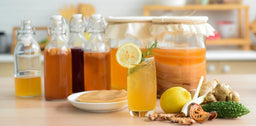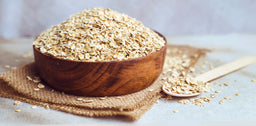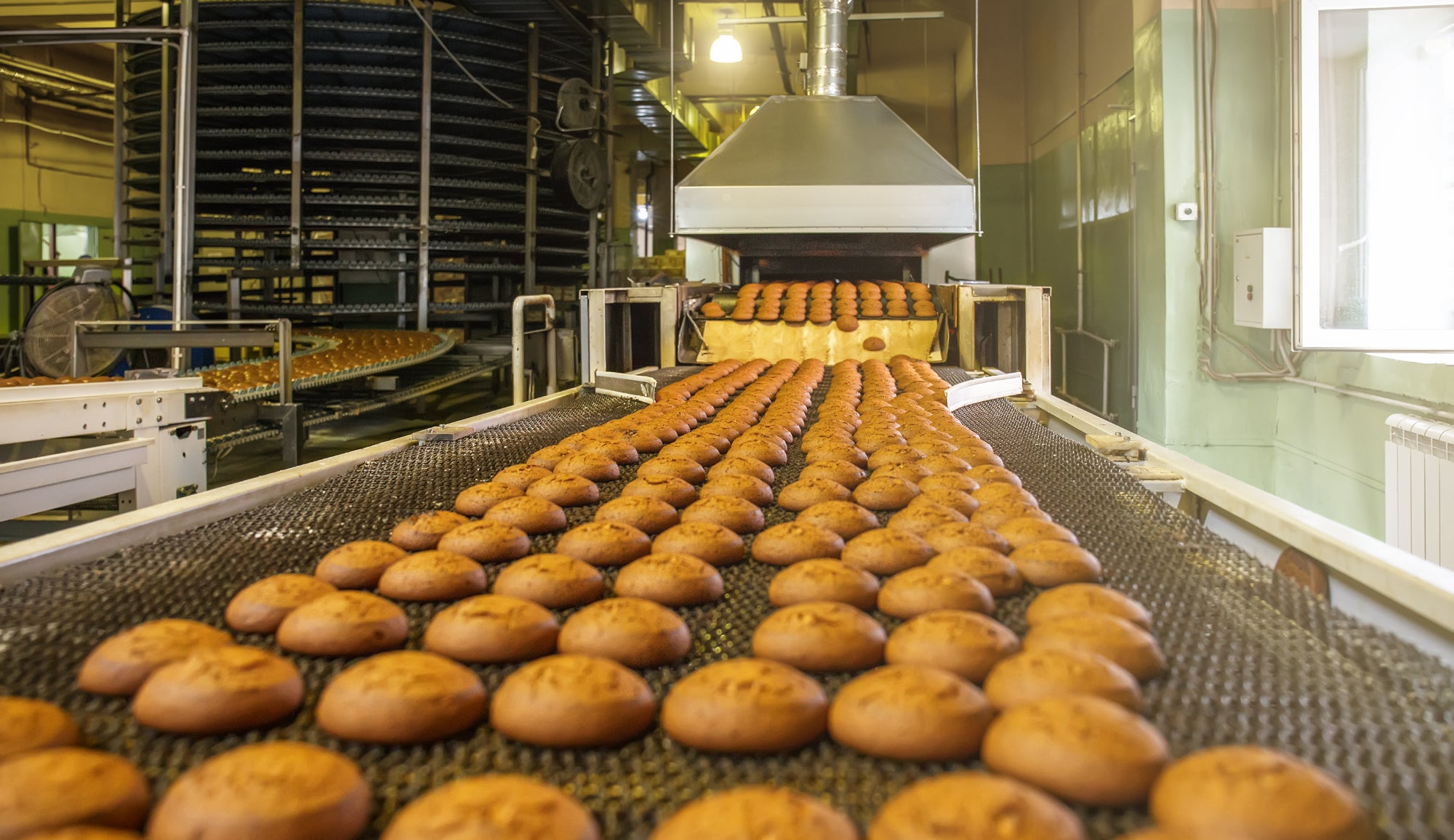
Has the anti-processed food movement gone too far?
Has the anti-processed food movement gone too far?
Processed food is having a really hard time of it. You’ve probably heard nutrition gurus and doctors taking to social media and podcast platforms to rage against manmade foods. And whilst they definitely have a point, we think the anti-processed agenda has got out of hand.
Most of the anti-processed movement’s claims are based in truth, but lots have veered into exaggeration and fearmongering. Let’s look at some of the more extreme anti-processed food claims and scare tactics and give you a balanced perspective on eating a healthy diet.
Are all processed foods unhealthy?
Some anti-processed food gurus will tell you that all processed foods are bad for you, and that you need to eat food exactly as nature intended. Does that mean cooking food is unhealthy (because cooking is processing, right?) Or combining ingredients to make something else immediately makes them bad for you? Of course not.
But that’s what the anti-processed extremists would have you believe. And that kind of scaremongering might create a bad relationship with food and prevent people from eating a healthy, flexible diet.
The truth is, not all processed foods are created equal. If you eat a lot of trans fats, pure table sugar, or foods like pastries then yes this could be detrimental to your health.
On the other hand, some “processed” foods like frozen vegetables or canned beans, are incredibly nutritious and convenient. Processing methods vary widely, and it's essential to distinguish between them.
“If you can’t pronounce a food ingredient, don’t eat it”
You’ve probably heard some anti-processed food advocates say that if you can’t pronounce an ingredient on a food label, you shouldn’t eat the food. We understand where they’re coming from (some food labels are frighteningly long!) but there are loads of perfectly healthy things that are hard to pronounce. Cyanocobalamin and menatetrenone are real tongue-twisters, but guess what – they’re the chemical names for vitamins.
It makes sense to eat the majority of your food from natural sources, but unless you’ve got an allotment and butcher your own meat, you will have to ingest food chemicals at some point. Chemical additives in food aren’t inherently dangerous, most of them are there to support food safety, flavour, and shelf life. Use your common sense – avoid or limit unnecessary additives, eat plenty of wholefoods, and don’t stress about it. You’ll be OK.
Is sugar toxic?
Any time you hear sensationalist words like “toxic” used about food, dig deeper to discover the truth. Anti-processed food gurus love to warn us that sugar and other processed foods are toxic. But what do they even mean by this? Turns out, nobody knows.
The fact is, many substances (even natural ones) can be toxic to the body in large amounts. If you ate kilos of salt or ingested loads of pure caffeine, your body would certainly react to remove the toxin. But this doesn’t mean those foods are inherently toxic. Use common sense, and apply logic. Think about the dose. A reasonable amount of processed foods (including sugar) isn’t “toxic”, and saying so is a cheap scare tactic.
Can you include processed food in a healthy diet?
Whenever you talk about a healthy diet, you need to think not just about the healthfulness of the food itself, but about how healthy this way of eating is for you – financially, socially, emotionally, and physically. The anti-processed food gurus might want you to eat 100% of your food from an allotment and a couple of rescue chickens, but how would that impact your life?
It's completely fine to include some processed food (even dare we say “junk food”) in the bigger picture of a healthy diet. Aim for an 80/20 approach, where 80% of your calories come from natural wholefoods like fruit, vegetables, legumes, pulses, grains, meat, fish etc. The other 20% can come from anything you like. As always, common sense and nuance is the most sensible approach.
Should you listen to anti-processed food gurus?
If you’re worried about processed foods, be mindful of where you’re getting your information from. Treat anecdotal stories of miraculous transformations or horrifying health crises with caution. Listen to and read from a wide range of sources, and always question why people at the extreme ends of the argument are so passionate. Are they selling a product or making money from their advice?
The anti-processed food movement has opened up the conversation about our modern food system, and we shouldn’t ignore what they say. But it’s important to approach these issues with a balanced view, relying on scientific evidence and long-term data, not fear tactics. By adopting an 80/20 approach to nutrition, you can enjoy the convenience of processed foods in moderation whilst looking after your health and wellbeing with plenty of natural wholefoods.

















